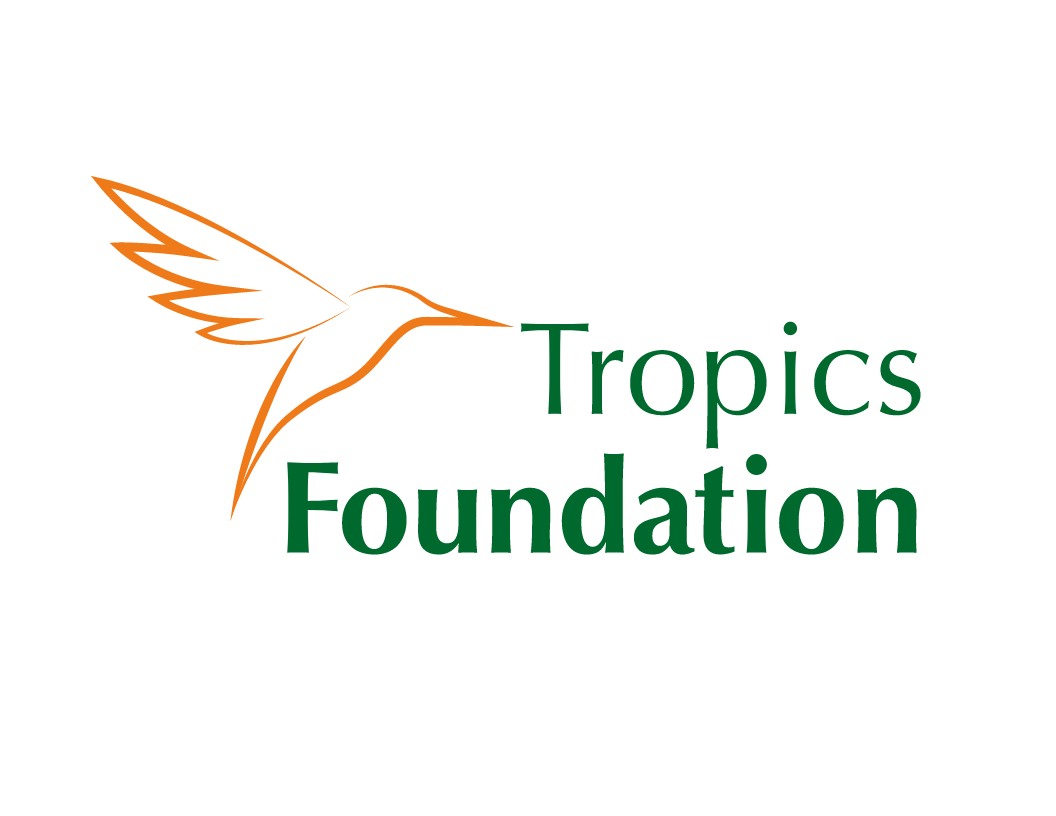CATIE Journeys: Alumni Spotlight
Martha María Rios, ‘11 transfers field experience into life experience
“The depth of learning at CATIE was important, especially related to the reality in the field in Latin America.”
Written by Katie Modic
(photo credit - M. Rios)
Graduates leave CATIE with the scientific and technical knowledge and skills to innovate and advance solutions to some of the region’s biggest problems. However, student like Martha María Rios, ‘11 maintain that the field experiences coupled with local action are what best prepared her to contribute professionally.
Many graduates agree, CATIE’s interdisciplinary curriculum and applied research prepared them to seek solutions to complex, interrelated problems in their countries. In fact, thesis and dissertation research for the academic master’s is often carried out in the students’ countries of origin. The academic and professional master’s programs concentrate on pivotal concerns in critical conservation fields such as agroforestry, biodiversity, sustainable agriculture, water management, climate change, management and conservation of tropical forests, economics and development, and sustainable enterprises. What differentiates CATIE’s programs is that when students publish, their results are not just bound within a cover, rather they are applied and shared within communities and educational institutions often by the graduates themselves.
Martha María Rios received an M.Sc. in Management and Conservation of Tropical Forests and Biodiversity from CATIE in 2011. After graduation she led the coordinated implementation of the US Forest Service International Programs in Guatemala, her native country. “The depth of learning [at CATIE] was very important, especially related to the reality in the field of the countries in the region, and providing answers to the needs of the socio-environmental systems,” she shared.
The development community at large is in agreement that locally led development is crucial for many reasons, including increasing the efficacy of development programs. High-level technically trained local actors, like Rios, can make a world of difference to reaching desired outcomes. Accroding to Feed the Future, a project that is part of the US Government’s global food security initiative, local actors trained in the field increase inclusivity, are more efficient with resources, and increase sustainability of programs.
Locally led development is found to be more effective for three main reasons: (1) it allows people to feel ownership for their own development, (2) it meets the specific needs of affected communities and (3) it builds trust between local and international actors. These combine to create an impact that is more effective at the time and more likely to be continued in the future.
Rios shared, “The possibility of working with diverse multisectorial and multidisciplinary groups and actors in different countries [at CATIE] helped me value different perspectives and to learn and collaborate in a creative and dynamic way in the search for solutions and decision making to promote conservation in association with development.”
Rios is now a specialist in public-private alliances for the World Banana Forum of the United Nations Food and Agriculture Organization (FAO) in Rome, Italy.


